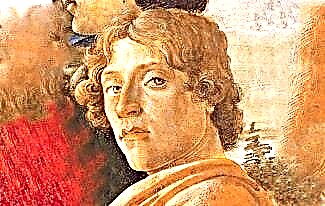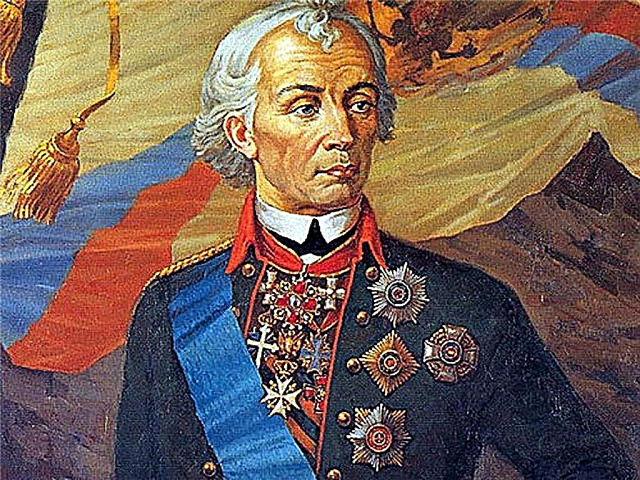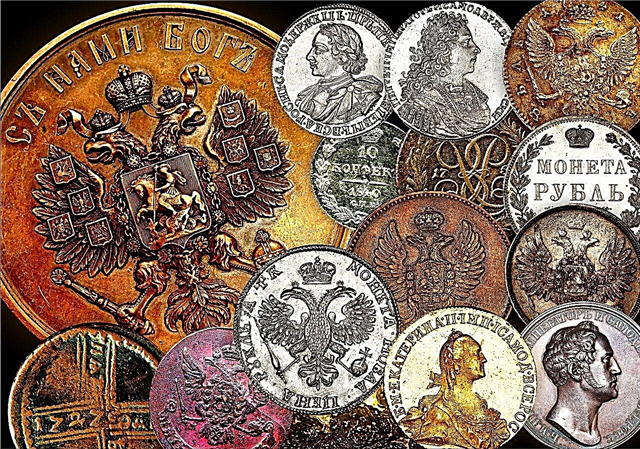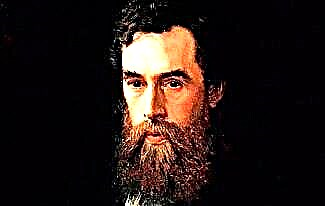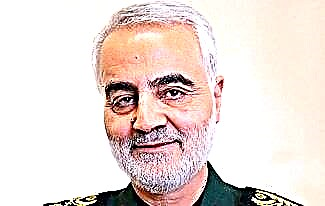Francois VI de La Rochefoucauld (1613-1680) - French writer, memoirist and author of philosophical and moralistic works. Belonged to the southern French family of La Rochefoucauld. Fronde warrior.
During his father's lifetime (until 1650), Prince de Marsillac bore the title of courtesy. The great-grandson of that François de La Rochefoucauld who was killed on the night of St. Bartholomew.

La Rochefoucauld's life experience resulted in the Maxims - a unique collection of aphorisms that make up an integral code of everyday philosophy. Maxims were the favorite book of many prominent people, including Leo Tolstoy.
There are many interesting facts in the biography of La Rochefoucauld, which we will discuss in this article.
So, before you is a short biography of François de La Rochefoucauld.
Biography of La Rochefoucauld
François was born on September 15, 1613 in Paris. He was brought up in the family of Duke François 5 de La Rochefoucauld and his wife Gabriella du Plessis-Liancourt.
Childhood and youth
Francois spent his entire childhood in the Verteil family castle. The La Rochefoucauld family, in which 12 children were born, had a very modest income. The future writer was educated as a nobleman of his era, in which key attention was paid to military affairs and hunting.
Nevertheless, thanks to self-education, François became one of the smartest people in the country. He first appeared at court at the age of 17. With good military training, he took part in a number of battles.
La Rochefoucauld took part in the famous Thirty Years War (1618-1648), which in one way or another affected almost all European states. By the way, the military conflict began as a religious confrontation between Protestants and Catholics, but later grew into a struggle against the dominance of the Habsburgs in Europe.
François de La Rochefoucauld was in opposition to the policy of Cardinal Richelieu, and then Cardinal Mazarin, supporting the actions of Queen Anne of Austria.
Participation in wars and exile
When the man was about 30 years old, he was entrusted with the post of governor of the province of Poitou. During the biography of 1648-1653. La Rochefoucauld participated in the Fronde movement, a series of anti-government unrest in France, which in fact represented a civil war.
In the middle of 1652, François, fighting against the royal army, was shot in the face and nearly blinded. After the entry of Louis XIV into the rebellious Paris and the crushing fiasco of the Fronde, the writer was exiled to Angumua.

While in exile, La Rochefoucauld was able to improve his health. There he was engaged in housekeeping, as well as active writing. An interesting fact is that it was during that period of his biography that he created his famous "Memoirs".
In the late 1650s, François was fully pardoned, which allowed him to return to Paris. In the capital, his affairs began to improve. Soon, the monarch appointed the philosopher a large pension, and entrusted high positions to his sons.
In 1659, La Rochefoucauld presented his literary self-portrait, in which he described the main qualities. He spoke of himself as a melancholic person who rarely laughs and is often in deep thought.
Also François de La Rochefoucauld noted that he had a mind. At the same time, he did not have a high opinion of himself, but only stated the fact of his biography.
Literature
The first major work of the writer was "Memoirs", which, according to the author, were intended only for a close circle of people, and not for the public. This work is a valuable source from the Fronde period.
In Memoirs, La Rochefoucauld skillfully described a series of political and military events, while striving to be objective. An interesting fact is that he even praised some of the actions of Cardinal Richelieu.
Nevertheless, the world fame of Francois de La Rochefoucauld was brought by his "Maxims", or in simple words aphorisms, which reflected practical wisdom. The first edition of the collection was published without the knowledge of the writer in 1664 and contained 188 aphorisms.

A year later, the first author's edition of "Maxim" was published, already consisting of 317 sayings. During the life of La Rochefoucauld, 4 more collections were published, the last of which contained over 500 maxims.
A man is very skeptical about human nature. His main aphorism: "Our virtues are often skillfully disguised vices."
It is worth noting that François saw selfishness and the pursuit of selfish goals at the heart of all human actions. In his statements, he portrayed the vices of people in a direct and poisonous form, often resorting to cynicism.
La Rochefoucauld perfectly expressed his ideas in the following aphorism: "We all have enough Christian patience to endure the suffering of others."
It is curious that in Russian the "Maxims" of the Frenchman appeared only in the 18th century, while their text was not complete. In 1908, La Rochefoucauld's collections were published thanks to the efforts of Leo Tolstoy. By the way, the philosopher Friedrich Nietzsche spoke highly of the writer's work, being influenced not only by his ethics, but also by his writing style.
Personal life
François de La Rochefoucauld married Andre de Vivonne at the age of 14. In this marriage, the couple had 3 daughters - Henrietta, Françoise and Marie Catherine, and five sons - François, Charles, Henri Achilles, Jean Baptiste and Alexander.
Over the years of his personal biography, La Rochefoucauld had many mistresses. For a long time he was in a relationship with the Duchess de Longueville, who was married to Prince Henry II.
As a result of their relationship, the illegitimate son Charles Paris de Longueville was born. It is curious that in the future he will become one of the contenders for the Polish throne.
Death
François de La Rochefoucauld died on March 17, 1680 at the age of 66. His last years of life were darkened by the death of one of his sons and diseases.
La Rochefoucauld Photos


